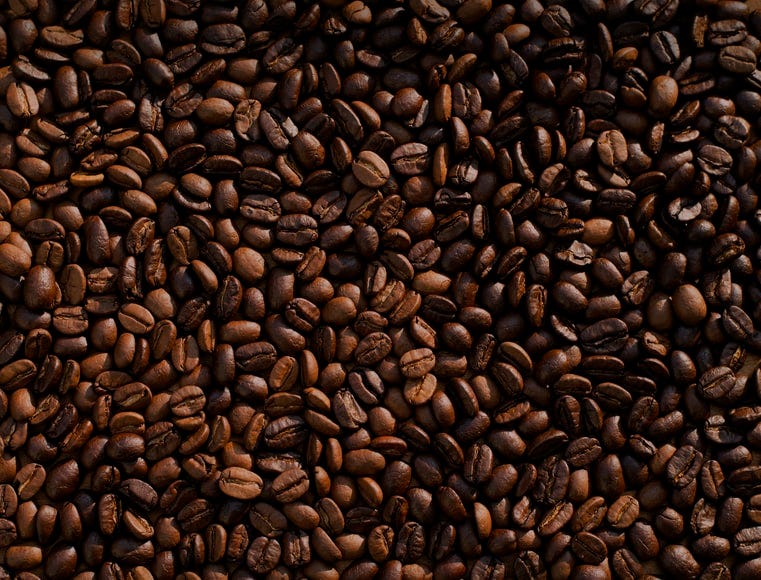The Curious Case of Coffee: A Royal Experiment Gone Awry
Written on
Chapter 1: A Monarch's Distaste for Coffee
In a time when many everyday items were met with skepticism, coffee stood out as a particularly contentious beverage. A certain zealous king believed that this seemingly innocuous drink could be harnessed to execute a prisoner. This drastic plan not only failed but also led to the premature demise of both the king and the doctors involved, long before the intended victim.
Coffee has become one of the world's most beloved beverages, enjoyed hot or cold, and has energized countless individuals with its caffeine content. The origins of coffee, resembling what we know today, trace back to 15th-century Yemen, from where it gradually permeated Northern Africa, the Middle East, and Europe.
Sweden first encountered coffee around 1674, yet it struggled to gain popularity for nearly a century. This was largely due to the elite's initial reluctance, despite official apprehensions regarding the drink's impact on health. In 1746, a royal decree condemned the "misuse and excesses" associated with both tea and coffee, leading to a temporary ban that proved ineffective, as consumption continued unabated.
King Gustav III of Sweden, who reigned from 1771 to 1792, particularly loathed coffee, viewing it as a growing threat to his subjects. Determined to substantiate his beliefs about its negative health effects, he devised a medical experiment aimed at proving coffee's dangers. The subjects of this peculiar study were two identical twins, both sentenced to death for murder, whose punishments were commuted to life imprisonment to serve as test subjects.
Gustav assigned two physicians to oversee the experiment. One twin was tasked with consuming three pots of coffee each day, while the other drank an equivalent amount of tea. The king's hope was that one or both would succumb to the supposed toxic effects of coffee, thus validating his concerns. He anticipated their swift demise, rendering the method of execution inconsequential. However, he was gravely mistaken.
While caffeine might have affected their sleep patterns and increased urination, the king's experiment turned disastrous. Gustav himself was assassinated in 1792 at the age of 46, and both physicians succumbed to their fates before either of the prisoners. Reports suggest that the tea-drinking twin lived until the age of 83, with the other twin's death occurring at an unknown later date, neither having endured the dire consequences the king had envisioned.
Following Gustav's death, the monarchy made several futile attempts to ban coffee before conceding in the 1820s. From then onward, coffee's popularity surged in Sweden, which today boasts one of the highest consumption rates globally.
While much of the tale surrounding the coffee execution appears anecdotal, it has persisted over time. The Science New-Letter linked this narrative to Bror Eric Dahlgren, a Swedish botanist who published on the topic in a 1938 pamphlet. To this day, historians continue to explore the peculiarities of this coffee experiment.
Section 1.1: The Experiment's Execution

In the realm of bizarre historical anecdotes, this story stands out. It reflects not only the changing perceptions of coffee but also the lengths to which one king would go to assert his beliefs.
Subsection 1.1.1: The Aftermath of the Experiment
Following the fallout of the king’s ill-fated plan, coffee gradually became ingrained in Swedish culture, leading to its current status as a staple beverage.
Chapter 2: The Legacy of Coffee in Sweden
In this video, explore the intriguing story of King Gustav III's ambitious—and ultimately unsuccessful—experiment with coffee as a method of execution, revealing the monarch's deep-seated disdain for the beverage.
This video delves into the themes of fate and justice in "The Green Mile," drawing parallels to the historical narrative of King Gustav III and his misguided experiment with coffee.